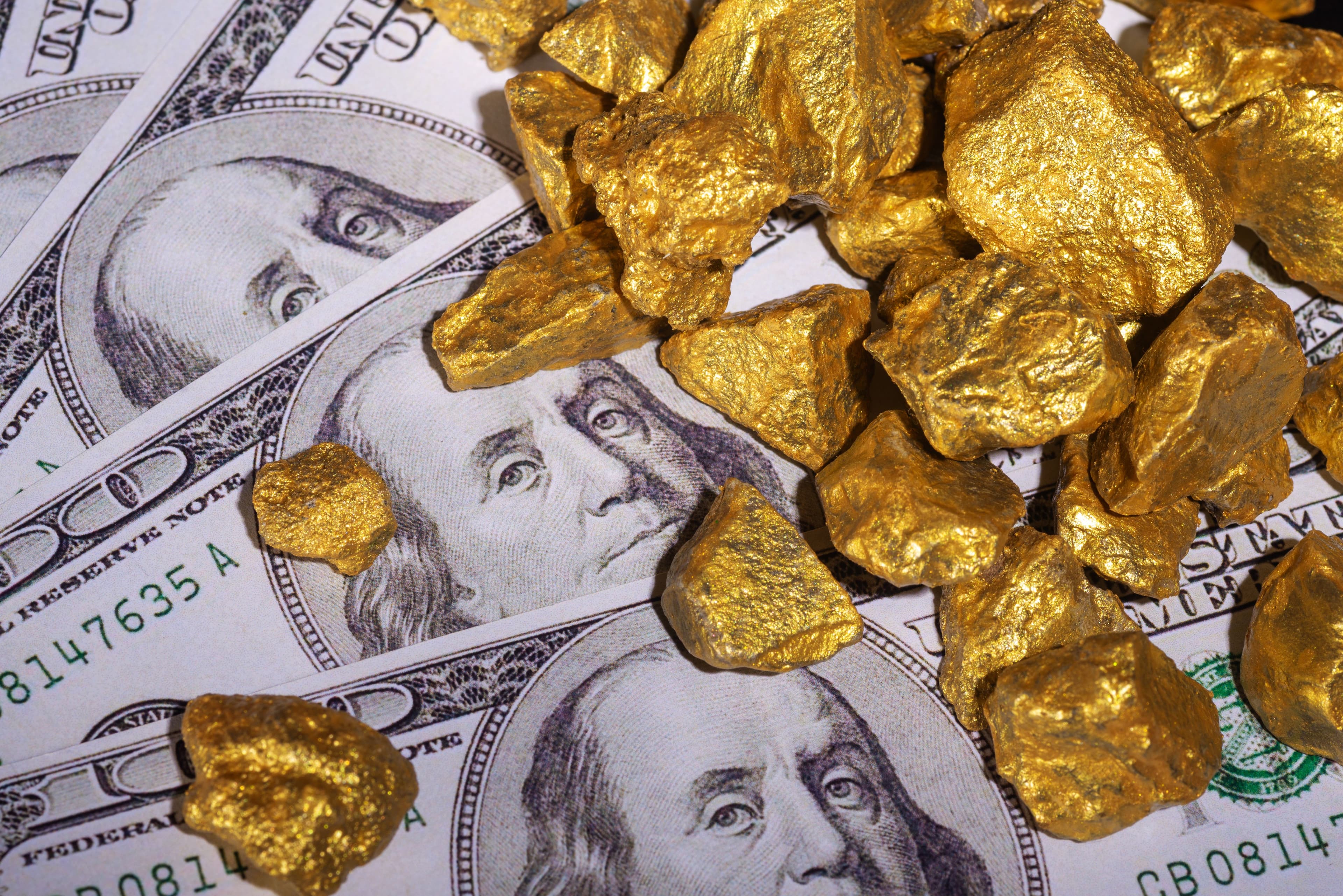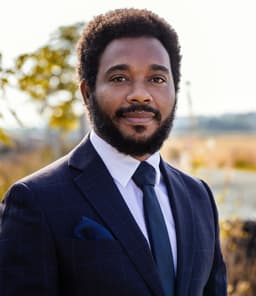
Executive Summary:
There is a widespread and damaging misconception that equates money and mineral resources with economic wealth. This confusion—prevalent in public, academic, and policymaking spheres—undermines sound economic thinking and leads to policies that cause injustice, instability, and impoverishment, particularly in mineral-rich nations.
This policy paper distinguishes between money, minerals, and economic wealth. It demonstrates that money is not wealth, but an essential tool for facilitating exchange, and that mineral resources are not wealth, but potential inputs that require transformation through human productivity. Wealth is the abundance of goods and services in society, made possible by free enterprise, voluntary trade, and sound money—foundations rooted in truth, justice, and liberty.
The paper exposes the harmful effects of fiat monetary policies and resource-based, state-directed development models. It explains why these approaches fail and outlines a principled alternative grounded in natural-moral law. Africonomics asserts that the true source of economic wealth is people—their creativity, cooperation, and capacity for ethical, productive action. The paper offers a policy blueprint for abandoning the fetishism of money and minerals, and embracing a sound development model based on human dignity, free markets, monetary integrity, and economic justice.
This work is licensed under a Creative Commons Attribution-NonCommercial 4.0 International License.
About the author

Manuel Tacanho
Manuel Tacanho is a social philosopher and economist; and the founder and president of the Afrindependent Institute.
See author's profile